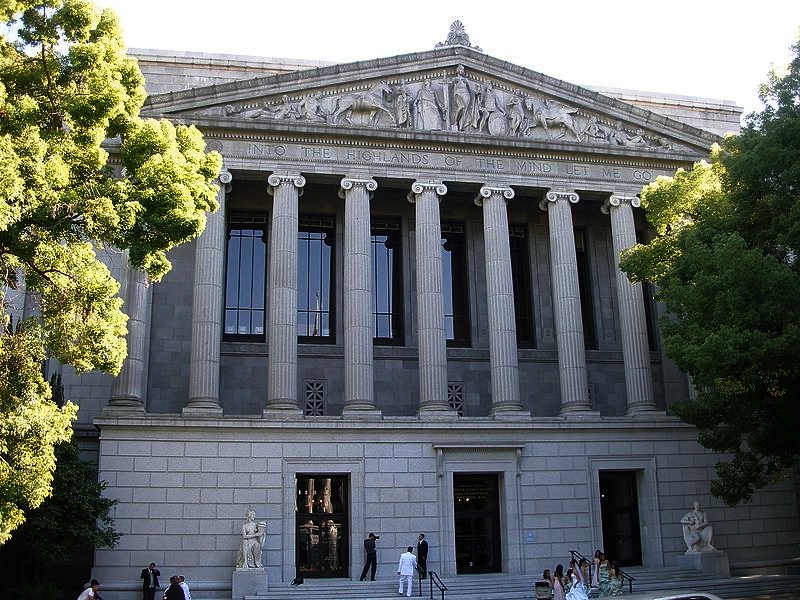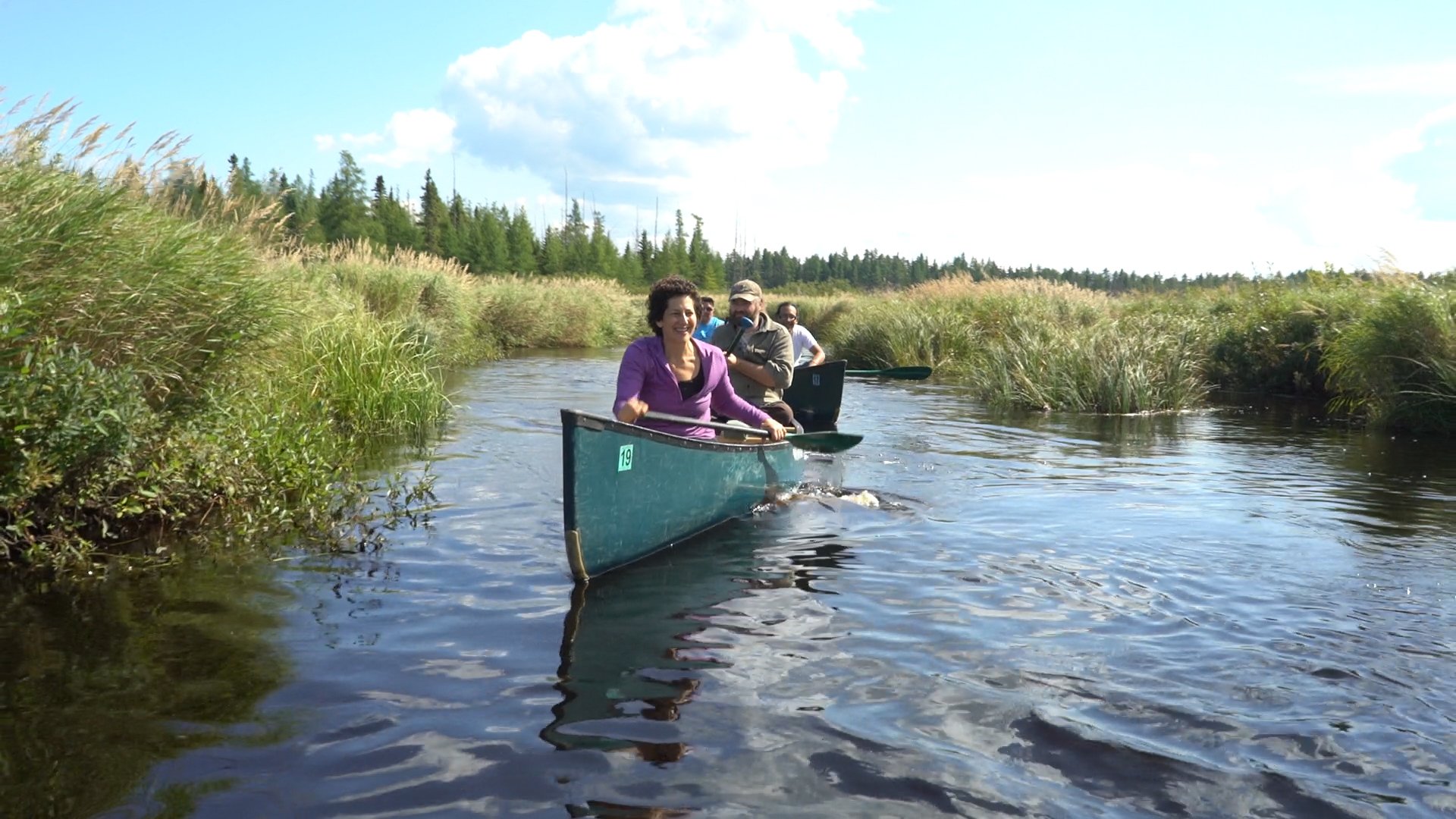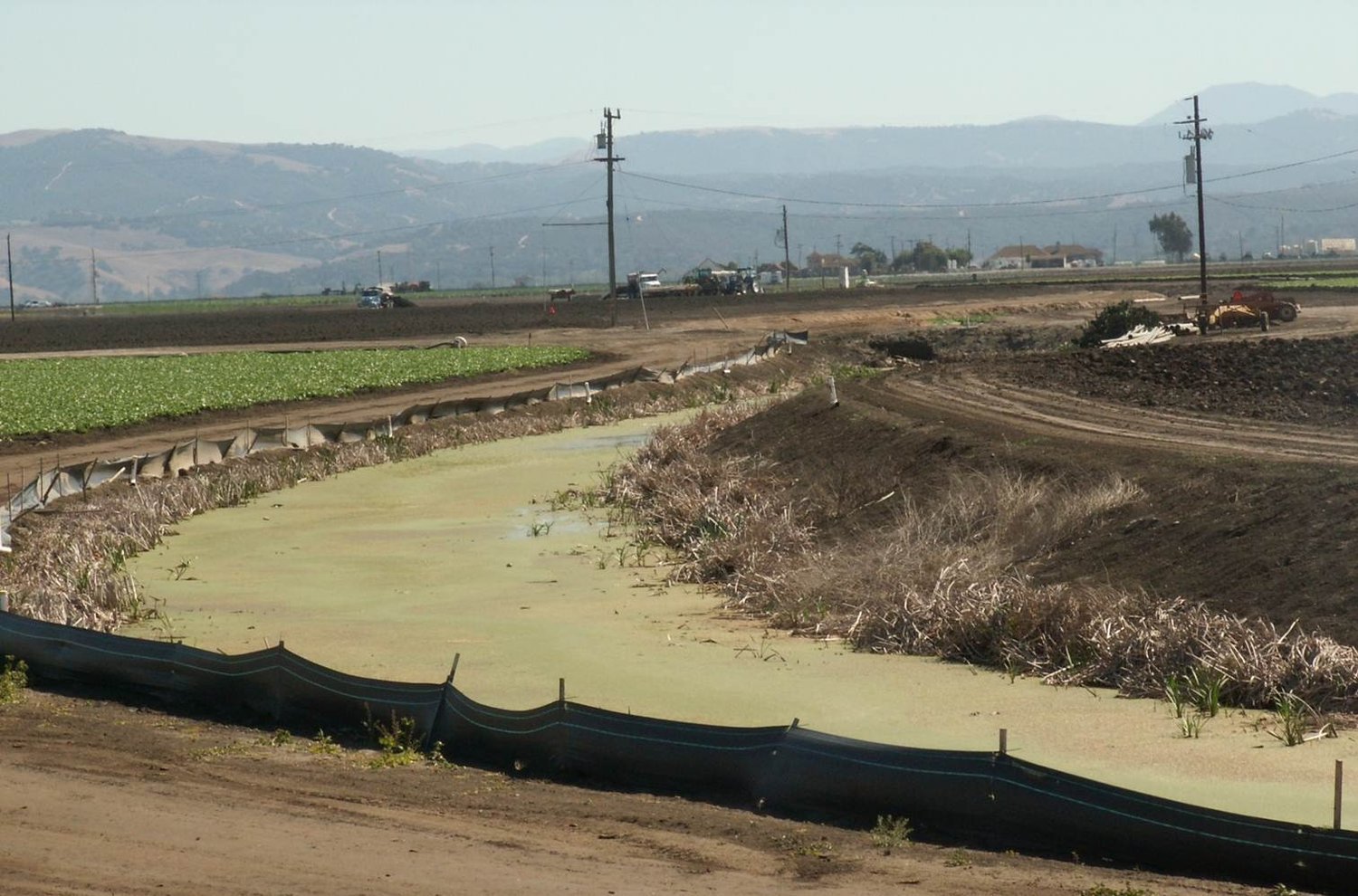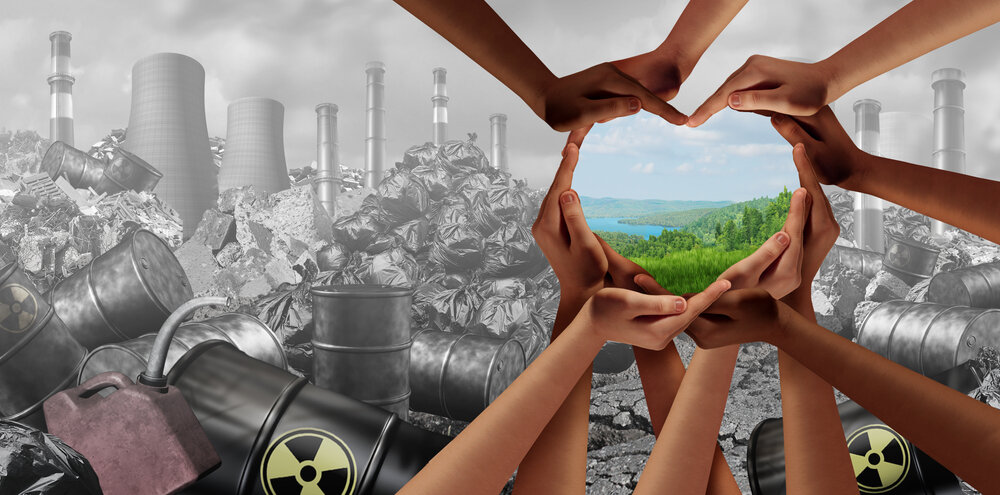
SOCIAL JUSTICE BLOG
Read and share extraordinary stories from the frontlines of social change

Hawaiʻi Youth Achieve Climate Justice Victory
For many, Hawaiʻi means a vacation filled with relaxation, pristine warm beaches, and an escape from the stress of our daily lives; a time to enjoy all the beauty the islands have to offer. But for those who live in Hawaiʻi, there is no denying the realities of how climate change is affecting the islands and changing the environmental landscape. These changes motivated thirteen youth from across the Hawaiian Islands to act and hold their government accountable for actively contributing to the climate crisis. With strong constitutional and statutory provisions, as well as their desire to protect their lives and the islands that they love, the youth plaintiffs were set up for success in the courts.

Winning in Environmental Litigation: Outlast the Polluters to Defend the Environment
The PolyMet/Glencore copper-nickel sulfide mine is a dangerous project and a formidable adversary. This mine would be located in the headwaters of the St. Louis River, the largest U.S. tributary to Lake Superior, upstream of the Fond du Lac Reservation and Minnesota’s third largest city, Duluth. The PolyMet/Glencore mine would destroy more than 1,000 acres of wetlands¾the largest wetlands destruction ever approved in the history of our U.S. Army Corps region. The project would release sulfate and toxic metals into waters already impaired due to mercury, contaminating drinking water, decimating wild rice, and increasing toxic mercury contamination of fish. Unfortunately, the Minnesota Legislature has taken PolyMet’s side for more than a decade, sweeping away laws that would pose hurdles in permitting and spending millions in taxpayer funds for outside mining-industry lawyers to represent the agencies granting PolyMet permits.

Pursuit of Water Protection: Clean Water Access for Communities in the San Joaquin Valley
The Clean Water Project, which spanned our legal, training, and grantmaking programs, focused on bringing communities together to advocate for and gain access to potable water and on funding impact cases that address clean water issues faced by residents of unincorporated communities in the San Joaquin Valley in California. Although we have distributed all the Clean Water Project funds, the Impact Fund remains committed to funding environmental justice cases through our Just Earth program. We will continue to fund cases working to ensure that people’s right to clean water is protected.

Just Earth Celebrates Three Years of Success Championing Environmental Justice
In the three years since the creation of Just Earth , the need for funding for environmental justice has only increased. After receiving generous seed funding from the Mosaic collaborative, Just Earth is poised for the next chapter. As of today, Just Earth has awarded more than $500,000 by way of 26 recoverable grants. With each of our grants, we aim to effect positive change by funding environmental justice litigation: environmental cases that dually aim to empower and cultivate justice for Indigenous and other underserved communities. All too often, environmental racism and discrimination on the basis of class and race are linked with significant ecological harm.
